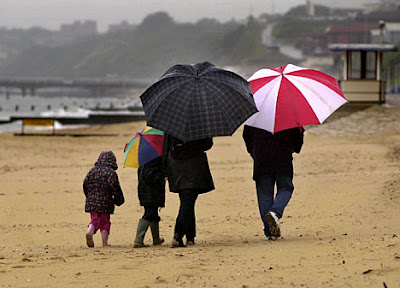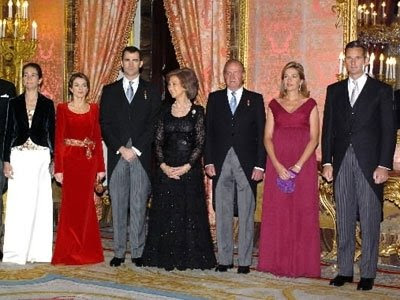 Living in Spain I subscribe to Canal Digital + which is an amalgamation of the former Canal + and Digital satellite services.
Living in Spain I subscribe to Canal Digital + which is an amalgamation of the former Canal + and Digital satellite services.Hence I receive Canal Digital’s own programmes, the main Spanish broadcasters, BBC World, Fox News, Sky News and yes CNBC amongst many others.
Ok you expect some oddities in the bunch like Eurosport. This station always seems to me to feature sports that no other station wants such as skiing, the world’s strongest man, curling and pole sitting. However even Eurosport has left me stunned. Currently on Sky and CNBC there are commercials running for Eurosport inviting you to join the celebrations for their 20th anniversary in May. Next May it has to be! No last May!
Then there is Sky News. In between the standard programming when the UK takes commercials Sky puts out a graphic text and photo news, sport and weather round-up. Except more often than not the photos or text are missing and as for the weather map I have no idea when that refers to – May probably.
However the pick of the crop has to be CNBC. Now I understand that NBC has been taking a battering in the USA for some years now. I visited the WNBC radio station back in the early 1970s and have had a strong loyalty for it ever since. I adored Johnny Carson on The Tonight Show in the 80s so was delighted to discover CNBC amongst my package.
Now CNBC is a serious business and financial broadcaster Monday to Friday and I am sure it is top notch. However at weekends it loosens its tie and relaxes a little – no it relaxes too much.
I latched on to it because it showed both Jay Leno’s Tonight Show and Conan O’Brien from New York...now of course we just get Conan with little chance I guess of seeing Jay’s prime show when it starts in mid September.
Over the weekend CNBC brings us CNBC Life. Let me quote from the CNBC website: “CNBC Life is CNBC’s weekend block of ‘lifestyle’ programming in EMEA. Featuring eighteen hours of carefully selected premium programming, CNBC Life covers five areas: travel & leisure, sport, luxury, entertainment and current affairs.”
That frankly is a lie. Either CNBC are idiots or they think their viewers are – and its not the latter.
The lifestyle programmes on travel, luxury and leisure have been repeated ad nausea for the past two years or more.
I should add that the “carefully selected premium programming” means we have to sit through travel programmes that were recorded in, wait for it, 2002!
The travel programmes themselves have been edited to make fillers and a recent show about Greece had its edited version appearing in the midst of the main programme so I viewed everything twice.
More often than not the Conan O’Brien shows are repeated some over the same weekend or following weekend – the same professional scheduling was with us when Jay Leno did the show.
Now my point is this – as one of the world’s major broadcasters NBC has a huge library of current and recorded material at its disposal. So why is CNBC filling its schedule with programming that is anything but “carefully selected premium programming.”
And more pertinently – why is CNBC Life, CRAP?














